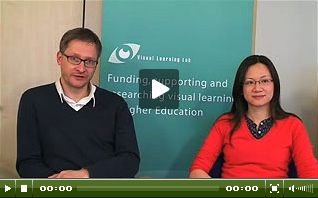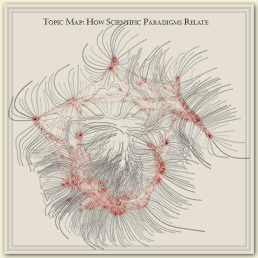The Business of Knowledge
Saturday, November 6th, 2010Hot on the trail of the Browne Report, Philip Dodd hosted a wide-ranging debate with a group of educational policy makers as part of the BBC’s Free Thinking series, in association with the University of Sunderland. The Business of Knowledge: What do we really want from universities and graduates in the 21st century? was held at the National Glass Centre and broadcast on BBC Radio 3’s Night Waves on 28 October. Here’s a summary of the key arguments:
HE Funding
James Tooley (Professor of Education Policy, Newcastle University)
- State funding is stifling innovation
- Liberate universities from the state – let them be independent and autonomous
- Many universities were founded from private initiatives
- Welfare state model ‘crowds out’ philanthropy
- Promote a mix of learner-, private- and business-driven investment
Bahram Bekhradnia (Director, Higher Education Policy Institute)
- State withdrawal of funding is unacceptable
- US public investment (based on GDP) is 50% greater than UK
Nicola Dandridge (Chief Executive, Universities UK)
- Public funding for public good
- Underfunding (whether private or public) is the key concern
Paul Callaghan (University of Sunderland Board of Governors)
- Cannot let the market decide – develop strategies based on balanced funding between public and private sector
- Recognise the role of the university in the region and society as a whole
- Traditional philanthropic contributions in the UK have concentrated on university infrastructure not scholarship
Learning Practices
Nicola Dandridge
- Liberal arts education – challenge the increasing polarity of arts and sciences
- Promote the criticality of humanities education
Bahram Bekhradnia
- Changes in learning practices difficult in a pressurised 3-year degree model
Paul Callaghan
- Promote skillsets primarily related to employment
James Tooley
- Exposure to a university environment leads to voluntary learning in a wide range of contexts
Learning Equality
Nicola Dandridge
- Universities are committed to equality – the key problem is a poverty of aspiration in schools
- Social division – 3-year traditional course will become the privileged route of the elite
Paul Callaghan
- Withdrawal of public funding will lead to 2-tier system
Nature of Knowledge
Nicola Dandridge
- Knowledge will be everywhere and fragmented
- Universities need to become less the purveyors of knowledge – more the facilitators enabling critical learning
- Greater reliance on IT / e-learning
- But students still require the physical learning community of a campus environment
Bahram Bekhradnia
- Investment in training skilled staff to facilitate new knowledge appropriation
James Tooley
- Liberate the learner from the teacher
Educational Systems
James Tooley
- Maintaining the status quo will leave UK universities behind overseas universities
Paul Callaghan
- Shift way from the 3-year model towards more part time and modular education
- University reputation based on curriculum and accreditation
- Greater numbers of students at universities are required to compete on a global scale
Bahram Bekhradnia
- Part time students suffer greater failure rates
Nicola Dandridge
- We are a knowledge economy – expansion in HE is critical
International Students
Nicola Dandridge
- Greater investment in universities overseas will lead to less international students physically moving to UK
Paul Callaghan
- Develop more collaborative partnerships
James Tooley
- Increased investment overseas will diminish UK universities reputation and ability to attract international students




